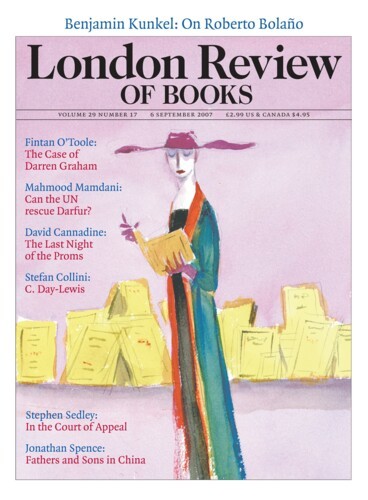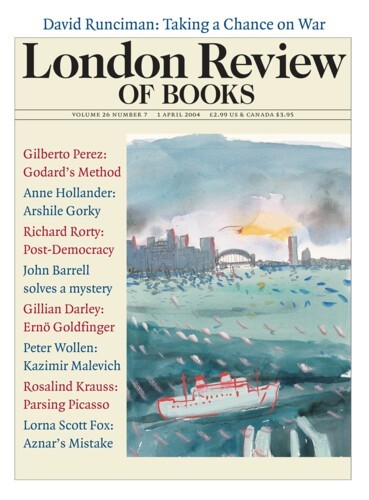“Pilfering was rife. Millions of dollars in cash went missing from the Iraqi Central Bank. Between $11 million and $26 million worth of Iraqi property sequestered by the CPA was unaccounted for. The payroll was padded with hundreds of ghost employees. Millions of dollars were paid to contractors for phantom work: $3,379,505 was billed, for example, for ‘personnel not in the field performing work’ and ‘other improper charges’ on a single oil pipeline repair contract. An Iraqi sports coach was paid $40,000 by the CPA. He gave it to a friend who gambled it away then wrote it off as a legitimate loss. ‘A complainant alleged that Iraqi Airlines was sold at a reduced price to an influential family with ties to the former regime. The investigation revealed that Iraqi Airlines was essentially dissolved, and there was no record of the transaction.’ Most of the 69 criminal investigations the CPA-IG instigated related to alleged ‘theft, fraud, waste, assault and extortion’. It also investigated ‘a number of other cases that, because of their sensitivity, cannot be included in this report’. At around this time, 19 billion new Iraqi dinars, worth about £6.5 million, were found on a plane in Lebanon which had been sent there by the American-appointed Iraqi interior minister.”
US House of Representatives Government Reform Committee Minority Office
US General Accountability Office
Defense Contract Audit Agency
3 more books reviewed
“Pilfering was rife. Millions of dollars in cash went missing from the Iraqi Central Bank. Between $11 million and $26 million worth of Iraqi property sequestered by the CPA was unaccounted for. The payroll was padded with hundreds of ghost employees. Millions of dollars were paid to contractors for phantom work: $3,379,505 was billed, for example, for ‘personnel not in the field performing work’ and ‘other improper charges’ on a single oil pipeline repair contract. An Iraqi sports coach was paid $40,000 by the CPA. He gave it to a friend who gambled it away then wrote it off as a legitimate loss. ‘A complainant alleged that Iraqi Airlines was sold at a reduced price to an influential family with ties to the former regime. The investigation revealed that Iraqi Airlines was essentially dissolved, and there was no record of the transaction.’ Most of the 69 criminal investigations the CPA-IG instigated related to alleged ‘theft, fraud, waste, assault and extortion’. It also investigated ‘a number of other cases that, because of their sensitivity, cannot be included in this report’. At around this time, 19 billion new Iraqi dinars, worth about £6.5 million, were found on a plane in Lebanon which had been sent there by the American-appointed Iraqi interior minister.”





